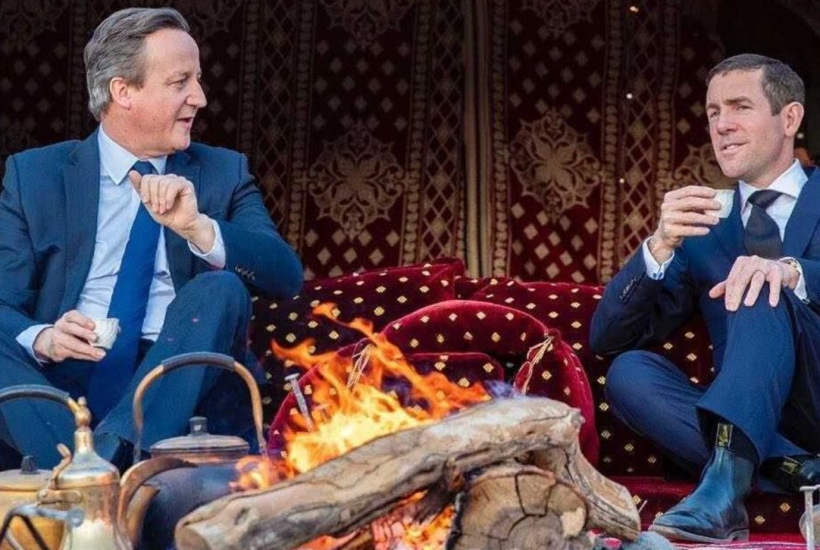Anyone with a smattering of knowledge of Britain’s troubled history in the Middle East will be unsurprised by Lord Cameron’s increasingly pro-Palestinian pronouncements on the Gaza war.
Twice in recent days Cameron has called on Israel to ‘pause’ its offensive against Hamas in Gaza, and he says he has personally challenged the Israeli government and urged it to abide by humanitarian law.
Already a subscriber? Log in
Subscribe for just $2 a week
Try a month of The Spectator Australia absolutely free and without commitment. Not only that but – if you choose to continue – you’ll pay just $2 a week for your first year.
- Unlimited access to spectator.com.au and app
- The weekly edition on the Spectator Australia app
- Spectator podcasts and newsletters
- Full access to spectator.co.uk
Or




















Comments
Don't miss out
Join the conversation with other Spectator Australia readers. Subscribe to leave a comment.
SUBSCRIBEAlready a subscriber? Log in